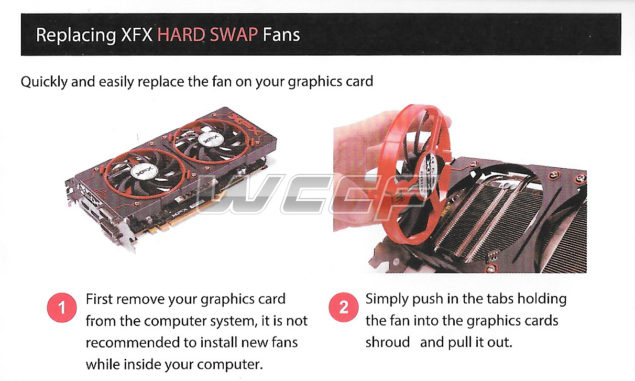jimmysmitty
Champion
Suzuki@1473780084@1473780163 :
jimmysmitty :
Sakkura :
jimmysmitty :
Sakkura :
jimmysmitty :
So you are saying it is all just a coincidence?
It is still higher than spec power draw and AMD could have avoided all of this by just adding a 8pin connection to it instead so the PCIe port would draw less power.
It is still higher than spec power draw and AMD could have avoided all of this by just adding a 8pin connection to it instead so the PCIe port would draw less power.
Why are you refusing to read my posts? I specifically said that the issue with the card was exposing an issue with the motherboard.
I am not. I just don't think it is the motherboard that is the issue I think it is the GPUs power draw. If this happened with nVidia I would be on the same page it is just odd that people who ran older, higher power draw cards did not have this issue because those GPUs did not pull as much power from the PCIe slot.
It is too much of a coincidence.
Oh FFS. Just read one of my replies, I've explained the concept perfectly well. There isn't necessarily a single cause of such a problem.
If you run current through a wire, and the wire burns, whose fault is it? The wire for not being thick enough, or the current for being too strong? It's the combination.
What we have in this situation is a graphics card pulling more current than the specification allows. But we also know that the current the graphics card pulls will not cause a properly constructed motherboard to sustain damage. The articles have explicitly said so. So the graphics card issue exposed a pre-existing issue in the motherboard. This is not a coincidence, as you keep erroneously claiming, it is in fact cause and effect.
And if a company forces a higher currant than the wire is rated or speced for whose fault is it? The motherboard are designed within the PCIe spec. The GPU is pushing it beyond that spec.
In short you are saying that any motherboard (so far ASRock, Asus and an MSI) are all faulty and at fault for a GPU pulling more power consistently than the slot is speced for?
I just can't see how a motherboard can be called faulty if a part is going beyond spec.
No, AMD proved that the motherboards are too weak, not that they are outside spec, that's already known. Tom's already explained that the RX480 shouldn't be able to damage the motherboards, did you even read the article?
Yes I did and they stated it should not, that does not mean it wont happen. It is much like if a PSU blows. It should not take other components with it due to protections yet it is still possible.
And the boards that died are not "weak". In fact where did AMD "prove" this?
I ma not saying it will happen but saying it never will happen is wrong as well. It is an issue they are working out then after it is worked out it will need to be tested again.
Again AMD could have avoided all of this had they put an 8pin instead and the card would have probably been praised for the price/performance like it should have been.



